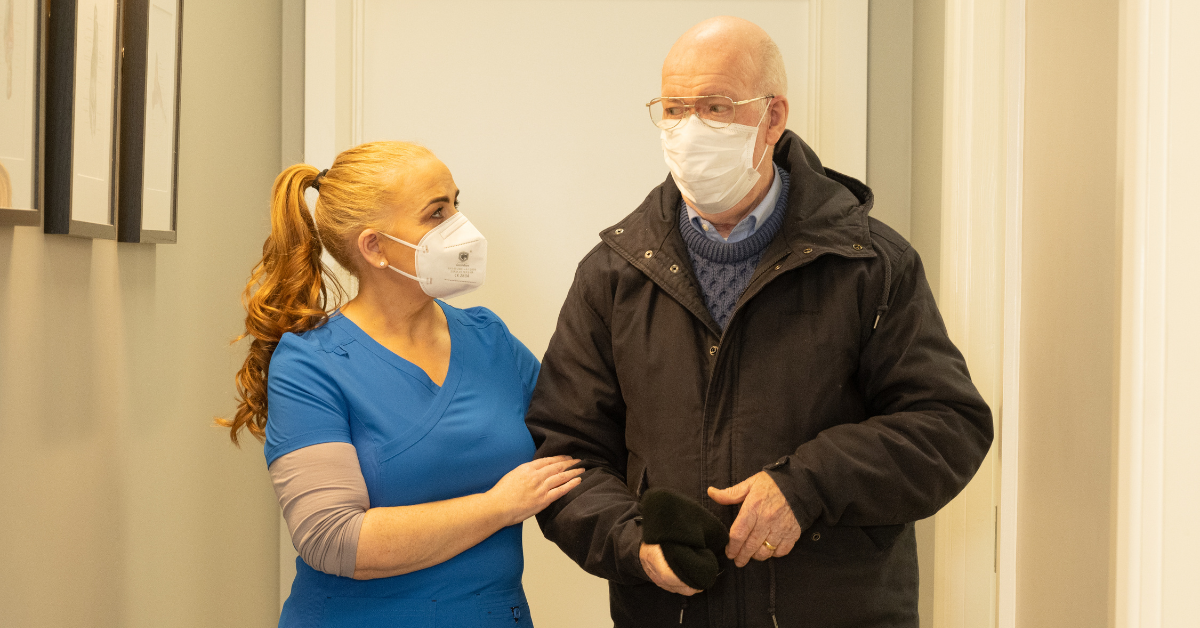ABOUT DIABETES:
Diabetic foot and lower limb complications are severe and chronic. They affect 40 to 60 million people with diabetes globally. Chronic ulcers and amputations result in a significant reduction in the quality of life and increase the risk of early death. (IDF 2023).

Diabetic foot is one of the most common, costly, and severe complications of diabetes. Amputation in people with diabetes is 10 to 20 times more common than in people without diabetes and it is estimated that every 30 seconds a lower limb or part of a lower limb is lost somewhere in the world because of diabetes.
Diabetes is a chronic disease that occurs when the pancreas is no longer able to make insulin, or when the body cannot make good use of the insulin it produces. Not being able to produce insulin or use it effectively leads to raised glucose levels in the blood (known as hyperglycaemia). Over the long-term high glucose levels are associated with damage to the body and failure of various organs and tissues and people with diabetes have an increased risk of developing several serious health problems including problems with the feet including:
Nerve Damage (Diabetic Neuropathy): diabetes can cause damage to the nerves throughout the body when blood glucose and blood pressure are too high. Among the most affected areas are the extremities, in particular the feet. Nerve damage in these areas is called peripheral neuropathy, and can lead to pain, tingling, and loss of feeling.
Loss of feeling is particularly important because it can allow injuries to go unnoticed, leading to serious infections and possible amputations. People with diabetes carry a risk of amputation that may be more than 25 times greater than that of people without diabetes. However, with comprehensive management, a large proportion of amputations related to diabetes can be prevented. Even when amputation takes place, the remaining leg and the person’s life can be saved by good follow-up care from a multidisciplinary foot team. People with diabetes should regularly examine their feet.
HOW CAN PODIATRISTS HELP?
At Reed Footcare we are committed to helping our patients manage any issues with the feet, including managing their feet outside of clinic and we have some useful resources available for you to use at home. Check out our video explaining what you can do at home to help manage your feet and download our booklet that gives you hints and tips on how to keep your feet in good condition. Remember to visit us in clinic on a regular basis to help you manage your feet, conduct your neurovascular assessment, and diagnose any issues before they become a problem! We look forward to seeing you on your next visit.
MANAGE YOUR FEET AT HOME:
Footcare for at Risk Feet Booklet:

